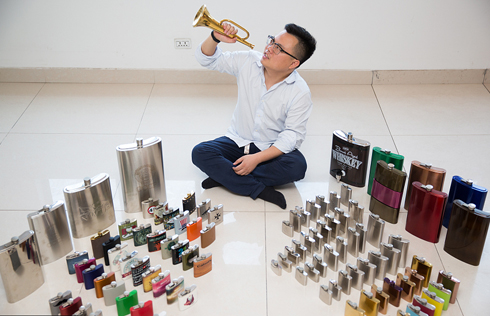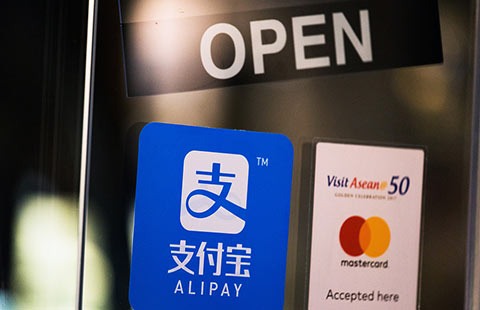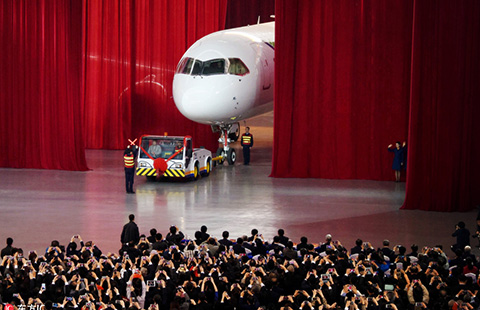China plugs into Indonesian phone mart
"China-based companies have indeed increased their foothold within the country," said Sudev Bangah, associate research director and head of operations at market intelligence agency International Data Corporation Indonesia.
"Recent surveys have showed that recognition of companies such as Huawei and ZTE as a network hardware provider has increased in mindshare, (though they trail) behind the likes of (US multinational) Cisco."
History has been a deciding factor behind Chinese companies' presence in Indonesia, where about 3 to 4 percent of the population are said to be of Chinese origin.
"The 'investment' relationship between Indonesia and China dates historically for more than 50 years," Bangah added from his Jakarta office. "China is one of the top 10 foreign direct investors in Indonesia, trailing the likes of Japan, South Korea, Singapore, the US and the Netherlands.
"The interest in Indonesia essentially stems from the similarities between both countries in terms of their being driven heavily by domestic consumption, with large geographies and plenty of infrastructure development still required."
While the majority of China investments is seen as coming from State-owned enterprises from diversified sectors such as construction, manufacturing and resources, Bangah said Indonesia is definitely a key focus country for multinationals looking at expanding their market.
While not a gateway to ASEAN, unlike more geographically strategic nations such as Malaysia and Singapore - or even Vietnam to a certain extent - Indonesia, he said, is capitalized mostly for domestic consumption.
Despite the prevailing cultural link, cultural affinity would be a crucial element for Chinese telcos for greater presence, Bangah said.
"Indonesia is an archipelago with disparate culture and (language and time) differences from West to East. On top of that, local partnerships (which are already occurring) are one of the most crucial elements for Chinese telcos to consider when trying to penetrate the market."
ICCI's Juni said as Chinese telecom companies are considering profitability like any other foreign or domestic investor, and they have to keep several things in mind before entering the Indonesian market.
Since 1999, when Indonesia deregulated the telecom sector and ushered in sweeping reforms, ending monopoly and allowing private investment, the first ones to get off the ground and enter the archipelago have already been firmly entrenched. They include SingTel with over one-third stake in Telekomsel, Qatar Telecom, which holds majority shares in Indosat, and Malaysia's Axiata Group that too has a controlling share in XL Axiata.
"Indonesia already has more than 10 telecom operators, all of whom have a national license," Juni added. "It is highly unlikely that the government will issue an additional license for a new entrant."
Though Chinese companies can buy shares in existing players, the disadvantage is that major ones like Telkomsel and Indosat, though public companies, are under the Ministry of State-Owned Enterprises.
Bureaucratic red tape and possible corruption may be other deterrents for Chinese investors. But probably the greatest concerns are things that are yet unknown.
Juni said she feels the biggest regulation issues are the new broadcasting and telecommunication bills that will replace the existing Broadcasting Act and Telecom Act. The drafts are in parliament without any timeline given so far.
Then there is the politics factor. Next year Indonesia will hold general as well as presidential elections and the sector will have to wait and see how long the new ministers take to get acquainted with the technicalities and how they mold policies.
But these hurdles apart, Chinese companies, she said, are not regarded as security threats. "This can be seen from the majority of telecom companies that are currently using Chinese devices in Indonesia," she added.

























